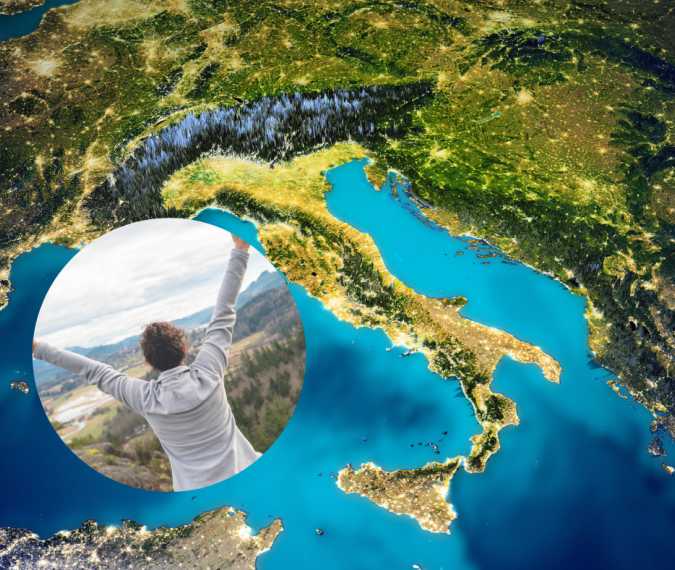
You can now buy a house in Italy for less than the price of a coffee
Picture this: ensconced within the serene embrace of Italy's rolling hills, your workstation overlooks a vista not of the monotonous urban sprawl that has been your constant companion for over a year, but of a landscape where history whispers through the olive groves and ancient vineyards. The very thought is a balm to the weariness wrought by the seemingly endless cycle of home-bound existence—work, rest, and leisure merging into one indistinct blur.
Intriguingly, the quaint town of Patrica, nestled in the heart of Italy, presents an opportunity that seems almost too whimsical to be true. For a sum that rivals the cost of your habitual morning indulgence—a takeaway latte, no less—you could claim a stake in this idyllic setting. Homes, abandoned and echoing with the silent stories of yesteryears, are on the market for the nominal fee of one euro, a figure that barely nudges the scale at 86p.
This scheme is not unprecedented within the Italian panorama. The island of Sicily's Mussomeli and Zungoli in the Campania region have both flirted with success through similar initiatives, aiming to breathe new life into desolate abodes by offering them up for a song. Yet, despite the allure of such a bargain, Patrica finds itself ensnared in a peculiar dilemma, as reported by CNN. The hitch? Acquisition of these properties is contingent upon navigating the labyrinthine process of securing consent from the original proprietors or their descendants—a task complicated by the sands of time and the diaspora of families, with many having relinquished their hearth and home in the early 20th century.
"The first step is securing the willingness of the current holders or their progeny to part with these ancestral homes," elucidates Lucio Fiordaliso, the village's mayor. "Only with their blessing can we proceed to tender these dwellings. Yet, this prerequisite entangles us in a web of complexity, rendering the task Herculean."
Patrica, cradled within the rugged terrain of the Lazio region and home to a close-knit community of 3,000 souls, has witnessed the sale of merely two of these symbolic one-euro homes, both transactions occurring within the local populace.
Fiordaliso elaborates on the quagmire faced in liberating these homes for potential revitalization: a deadlock born of familial discord and geographical dispersal. "The quest to unify co-heirs, scattered by time and space, some estranged, others oblivious to their shared heritage, mirrors the proverbial search for a needle in a haystack."
Thus, the vision of reviving Patrica through this novel scheme is shadowed by challenges, a testament to the complexity of intertwining human narratives with the bricks and mortar of forgotten dwellings. Yet, the dream endures, a testament to the allure of transformation and the eternal human yearning for connection and renewal amidst Italy's timeless beauty.


